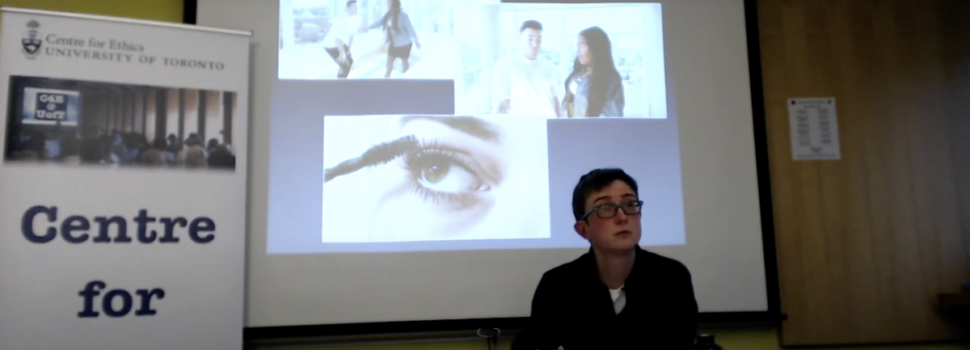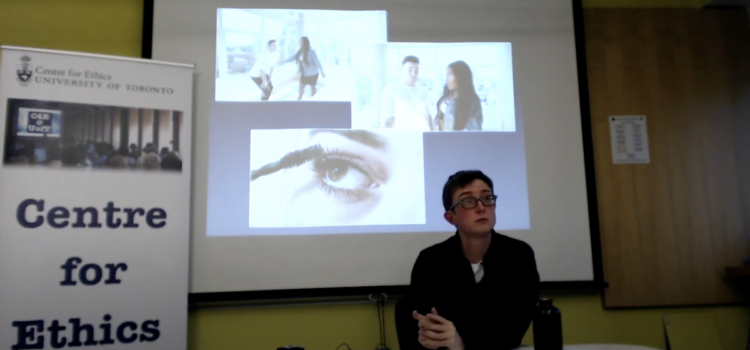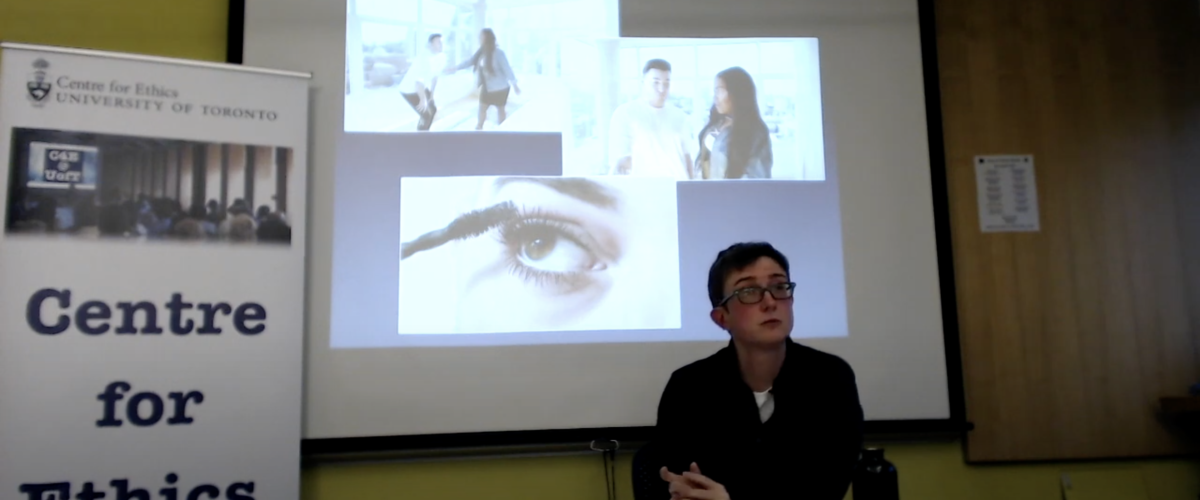

Ethical Perspective: event highlights need for minority groups to get better representation in ads
LifestyleLifestyle Jan 20, 2020 Mariana Belham

Companies need to be more careful with the representation of minority groups such as LGBTQ+ and people of colour in advertisements, according to a discussion held at the University of Toronto (UofT), on Jan. 30.
Yannik Thiem, Ph.D. and professor at Colombia University, was the first guest speaker in a series of ethical discussions that the UofT will be holding for the next month.
“We do need to work on the public’s imagination, but it’s important to pay attention to what the visual discourse is so we can make those distinctions and see something that on the surface might look progressive, but really actually just deepens the structural privilege of whiteness,” said Thiem.
Thiem started the lecture showing Maybelline’s 2017 commercial “That Boss Life”, as an example of misuse of minority groups in their ad promoting their mascara brand.
The one-minute ad has makeup artist Shayla Mitchel, a cisgender woman of colour, showing another famous makeup artist, genderqueer Latinx Manny Gutierrez, a hotel room with a view of New York.
A white cisgender man bellhop brings them suitcases and they pick a golden one, filled with several shiny golden packaged mascaras. They swim in their treasure spread over the bed, and they apply the makeup.
The room, their outfits and even the bellhop boy shine gold, while he steals some mascara. The ad ends with Gutierrez and Mitchel catching what Thiem calls the “golden boy” in action. They stare at the camera, straight to the viewers.
According to Thiem, there are many problems with diversity and fluid self-expression recognition in this commercial. Maybelline’s message came across that people need to be queer and be feminine to get wealthy, and that being white still puts one in a higher place, even if they are just a bellhop.
Thiem built the argument that the role of people of colour gets undermined with the presence of the golden bellhop: “The visual narrative prepares us for the shifts of the intersection of class, gender and race that are already well underway. White maleness is no longer in the automatic prime of place but when he is glammed-up still turns into the centre for attention. Whiteness remains valorized.”
Thiem brought into the discussion the example of Gillette’s 2019 commercial, which shows a young black transgender man shaving his beard for the first time with his dad’s help.
Thiam explained why Gillette had received much criticism by conservative groups, which had gone as far as publishing parodies about the commercial.
“The very ordinariness and intimacy portrayed in the commercial that makes for its aesthetic and potentially transformative force, and hence depending on one’s investments also for its threats.”
For many attendees, this debate was a way to familiarize with adapting to Trans*formative change of approach to queerness, and even how people could use the knowledge into other areas besides marketing.
Hisham Qaddoumi had worked with artificial intelligence (AI) and cybersecurity. He explains how Thiem’s lecture has a different application in AI.
“After a long time, you see a lot of biases happening. This was an important topic because, ethics in facial recognition is, for example, if you’re applying for a job, people are looking at your social media and they are like, ‘Oh This person is gay’ because the system says that, even if it’s true or not,” Qaddoumi said. “It could create a lot of problems. If the person is homophobic, they could actually discriminate against you, even if they can’t see you, [the system] measures it.”
But Thiem points out the importance of this type of debate on representation.
“It’s always important to talk to people who we might not normally regularly talk with. I think there’s a great benefit of being in the room and face-to-face with people who come from different starting points because that’s how we, hopefully, learn from each other,” said Thiem. He’s a transgender man that three years ago underwent the chest masculinization surgery.
If you’d like to watch the entirety of Thiem’s lecture, UofT’s Centre of Ethics had published it on its YouTube page.
Check ethics.utoronto.ca for more information on all the dates
By Mariana Belham
